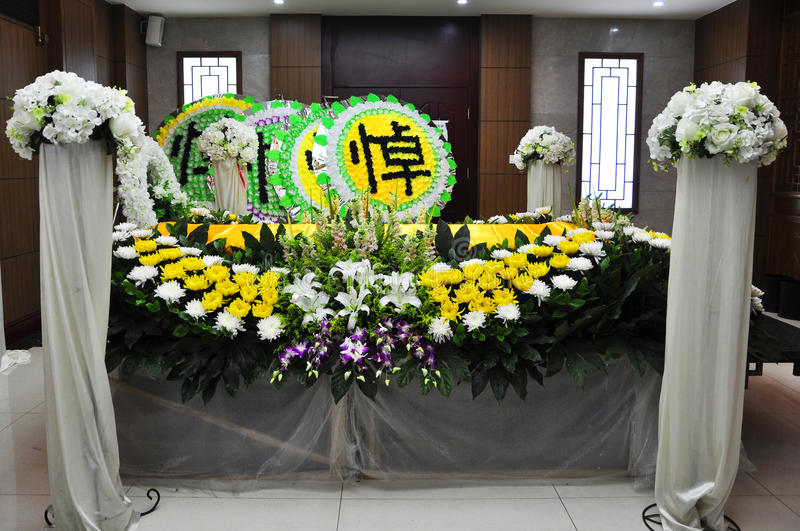In Chinese culture, funerals are an essential rite of passage that serves to honor the deceased and ensure a smooth transition to the afterlife. One of the most important aspects of a traditional Chinese funeral is the funeral wake, which provides an opportunity for family members and friends to pay their respects and offer condolences.
In this blog post, we will explore the customs and practices associated with a Chinese funeral wake, and how a trusted provider like Ang Brothers Funeral Services can assist families in organizing and managing this solemn event.
Understanding the Chinese Funeral Wake
A funeral wake in Chinese tradition is a time for loved ones to gather, mourn, and pay their respects to the deceased. The wake typically lasts for several days, with the length of the wake depending on factors such as family traditions, the age of the deceased, and the circumstances of their passing.
During the funeral wake, the deceased’s body is placed in a casket, and an altar is set up with offerings of food, incense, and other symbolic items. The altar is often adorned with flowers, candles, and photographs of the deceased. Mourners will visit the wake to pay their respects, offer prayers, and provide comfort and support to the grieving family.
Customs and Practices Associated with a Chinese Funeral Wake
There Are Several Customs And Practices That Are Typically Observed During A Chinese Funeral Wake, Including:
1. Mourning Clothes
Family members will wear mourning clothes to signify their grief and respect for the deceased. White is the traditional color of mourning in Chinese culture, and close family members may wear white robes or armbands. In some cases, black or other somber colors may be worn.
2. Prayer and Chanting
Prayers and chanting are a significant part of the funeral wake, with family members and friends often reciting Buddhist or Taoist scriptures to help guide the deceased’s soul to the afterlife. In some cases, professional monks or priests may be hired to lead the prayers and rituals.
3. Offerings and Rituals
Offerings are made to the deceased and their ancestors during the funeral wake, including food, incense, and symbolic items such as paper money and clothing. These offerings are believed to provide comfort and support to the deceased in the afterlife.
4. Vigil
Family members will often keep a vigil by the deceased’s casket throughout the wake, taking turns to ensure that the deceased is never left alone. This vigil is a sign of respect and love for the deceased and is believed to offer protection and guidance to their soul.
5. Condolence Gifts
Visitors to the funeral wake will often bring condolence gifts, such as flowers, fruit, or money in red envelopes, to express their sympathy and support for the grieving family. These gifts are typically placed on the altar or given directly to the family members.
Seeking Assistance from a Professional Funeral Service
Organizing a funeral wake in Chinese tradition can be a complex and emotional process, with many customs and practices to consider. A professional funeral service provider, such as Ang Brothers Funeral Services, can offer invaluable guidance and support to families during this difficult time.
Conclusion
A Chinese funeral wake is an essential aspect of traditional Chinese funeral customs, providing an opportunity for loved ones to gather, mourn, and honor the deceased. By understanding the customs and practices associated with a funeral wake, families can ensure that they pay a fitting tribute to their loved one and help guide their souls to the afterlife.
If you are in need of assistance with organizing a Chinese funeral wake, consider reaching out to Ang Brothers Funeral Services. Their compassionate and professional team can provide expert guidance and support, helping you navigate the complexities of Chinese funeral customs and ensuring that your loved one’s final farewell is handled with care.



